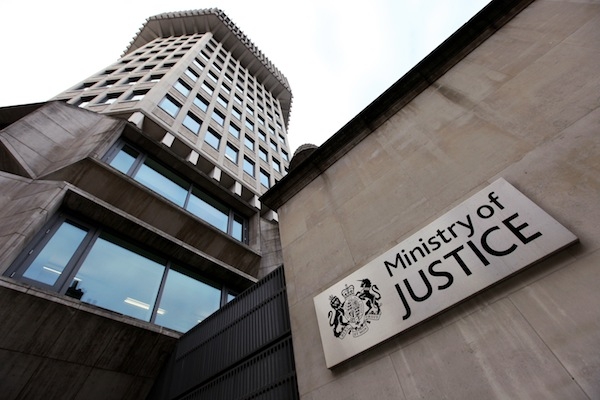It’s not often that three relatively small NGOs can change politics. So today’s parliamentary debate on the Defamation Bill is cause for considerable pride, among my former colleagues at Index on Censorship and their partners at English PEN and Sense about Science. In November 2009, we began a campaign to reform England’s unfair libel laws. The claimant cabal, those law firms who encourage the rich and famous, particularly those from abroad, to use London’s indulgent courts, assumed that the campaign would fizzle out. It didn’t, picking up steam as it went along.
So today’s events should be a cause for celebration. They are, but only in part. The legislative process has been a long and tortuous one. A report by a joint Lords and Commons committee earlier this year, chaired by Lord Mawhinney, recommended a number of changes to the original draft. The Ministry of Justice has taken few of these proposals on board; indeed there are fears that some elements of the bill have been hardened away from free speech.
The score sheet so far: libel tourism will be strongly discouraged under the new plans, with prospective sheikhs and oligarchs having to prove that English courts are the ‘most appropriate’ destination to nurse their wounded pride. Belatedly, a single publication rule means libel writs cannot be pursued in perpetuity.
The defence of responsible journalism (in the jargon known as the Reynolds defence) will be enshrined in law. On the surface this looks positive — but the bill does not contain the latest case law and gives statutory footing to a law that is dated and has been found wanting. Worse still, the bill does nothing to provide a better public interest defence for journalists, bloggers or scientists — an issue that is at the heart of the broader Leveson inquiry debate. Nor does it do anything to make it harder for corporations, with their huge legal teams and without ‘feelings’ to hurt, to sue. Already public bodies cannot issue writs, so the continuation of an anomaly benefitting private companies suggests this is an area where the Tory side of the government has been successfully nobbled.
Cases such as the British Chiropractic Organisation v Simon Singh show how corporate bodies can attempt to use the current libel law to stifle criticism. It is one of several parts of the bill that the Libel Reform Campaign will push hard to improve. There are also a number of provisions that will encourage internet service providers to take down material even if a court has not shown it to be libelous. Protection for ISPs needs to be improved.
Is the glass half empty or half full? Lawyers, as ever, are divided on this. While no advocacy campaign will ever achieve all its ends, there is still time for MPs genuinely interested in freedom of expression to push for improvements in this bill. In one respect, the battering of the media’s reputation from phone hacking could be seen as a setback. On the other hand, there has never been a better time to promote, and defend, strong investigative journalism in the public interest.






Comments